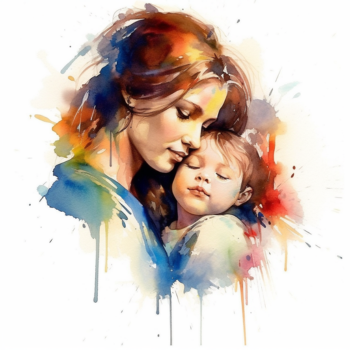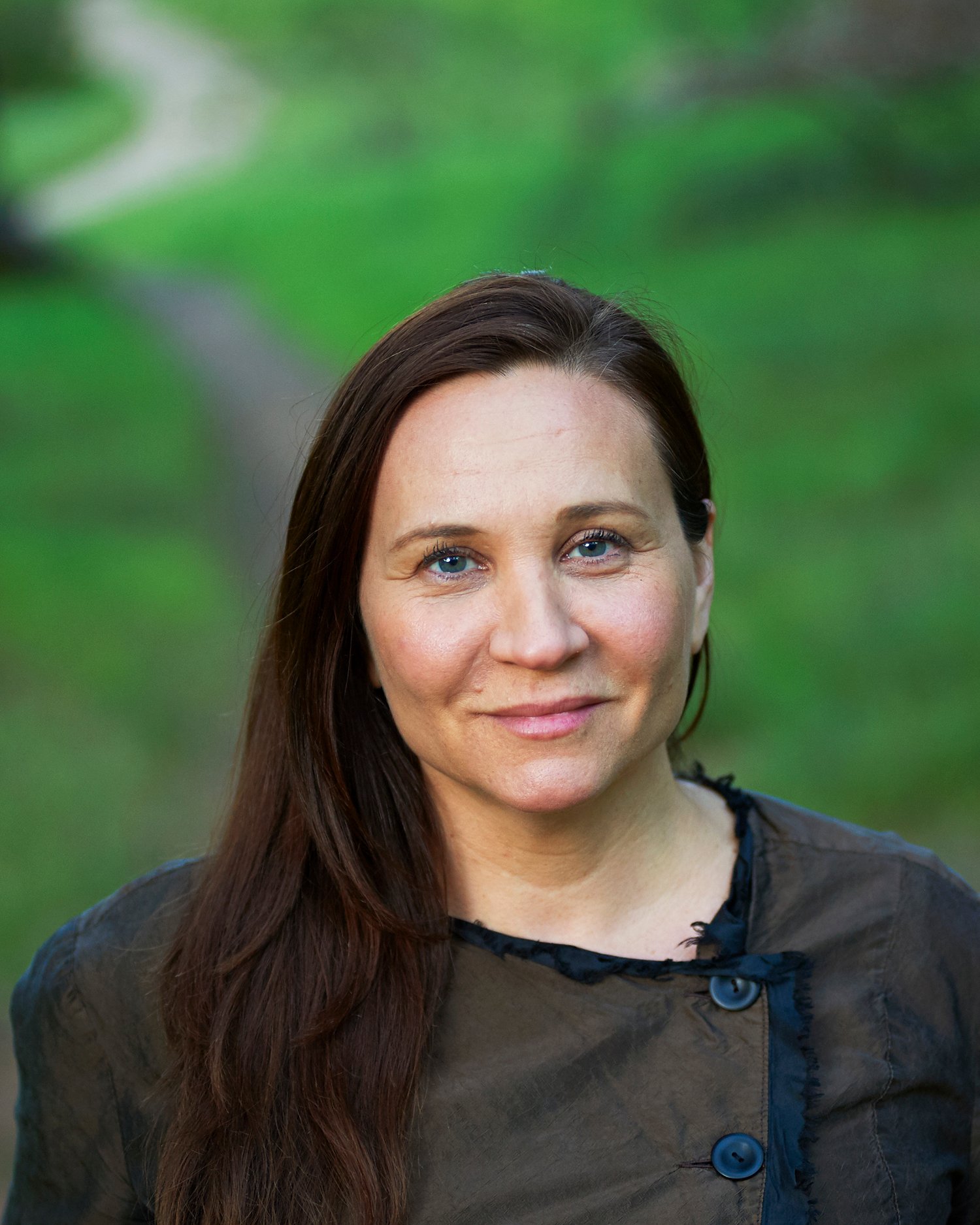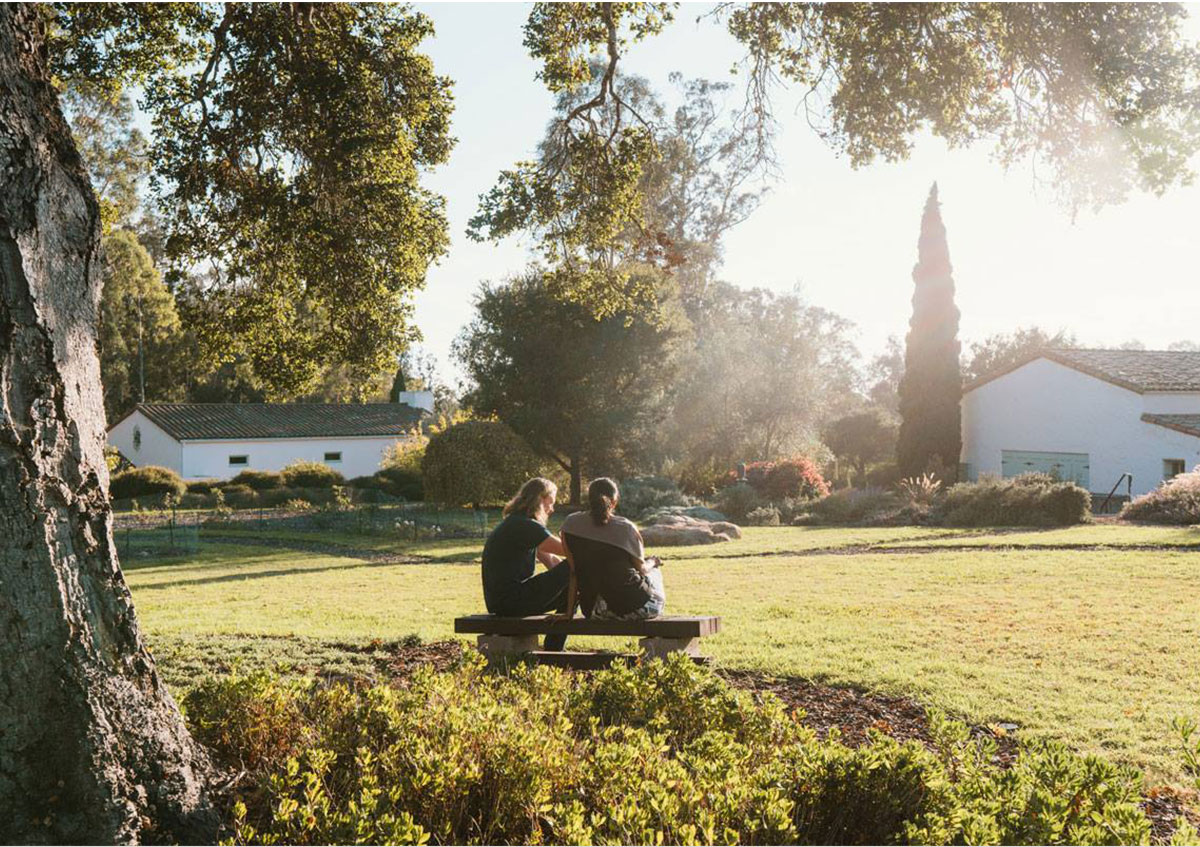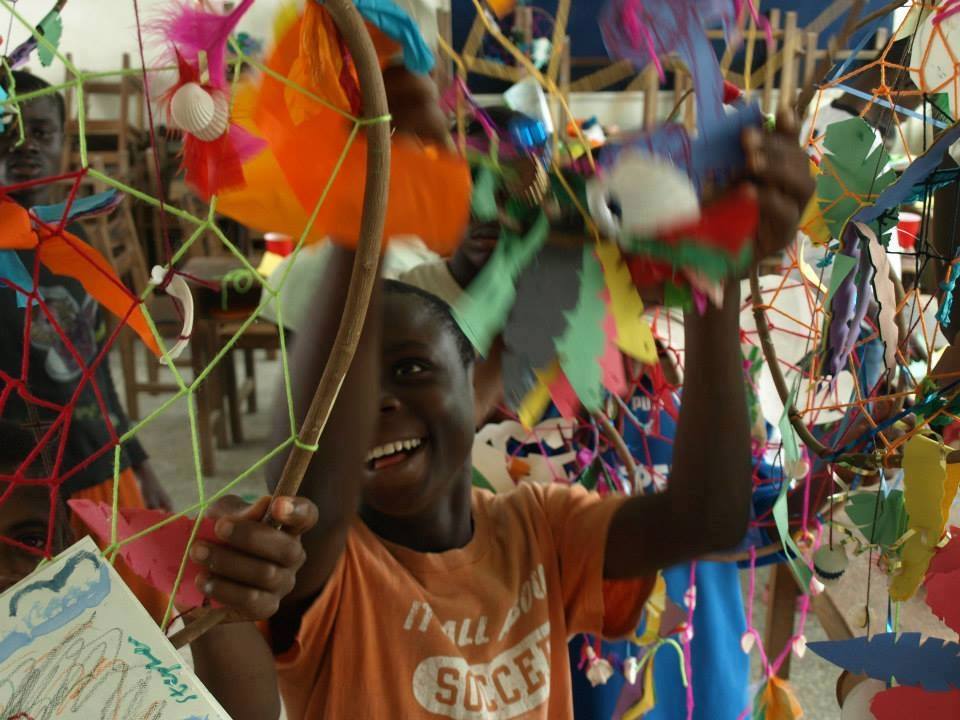I do not intend to, nor can I, speak of Judaism or Jewishness for all Jews; rather, here I intend to share my perspective as a Jewish person. In its history spanning millennia, Jews from all over the world have forged their own understandings.
Growing up, Judaism to me came to mean valuing knowledge and healthy debate, as well as working towards a more perfect world through fighting for greater justice, not just for Jewish people, but all people. Being young and only having limited wisdom, I had a sense that things were improving in the world for Jews. Surely only a few more decades, and antisemitism would be at all-time lows. How could antisemitism roar onward, at least in the United States, with atrocities against Jews taught about in routine fashion in school? In retrospect, this perspective was the result of great naiveté and the fortune and privilege to grow up in an area where I felt reasonably safe as a Jewish person.
Read More
Posted in:
Connecting Cultures,
clinical psychology,
depth psychology,
Pacifica Graduate Institute
Phil Garrity is currently pursuing a Ph.D. in Clinical Psychology with an Emphasis in Depth Psychology at Pacifica Graduate Institute. He recently had a piece in the book Gemini and the Sacred: Twins and Twinship in Religion and Mythology. I’m delighted to speak with him about twinship, otherness, and his work and experience with critical illnesses.
Angela: You recently contributed an epilogue, along with your twin brother, to the book Gemini and the Sacred: Twins and Twinship in Religion and Mythology, edited by Kimberley C. Patton, who is your former professor at Harvard Divinity School. Tell us a little about the book and also what it was like to co-write the epilogue with your twin.
Read More
Posted in:
The Psyche,
Mythology,
clinical psychology,
depth psychology,
Pacifica Graduate Institute
Camille Jarmie Harris, Ph.D. has recently joined the faculty at Pacifica in the Clinical Psychology program. This is Part II in the conversation I had with Dr. Harris about her work and teaching in hermeneutic analysis.
Angela: What is it like working with infants in a therapeutic setting, since as you say, they cannot thrive without being in relation to the family?
Camille: From Ages 0 to 5, I work within the context of the family, often times supporting the parents to understand their children and work through challenges they’re experiencing themselves so they can be present and available to their baby. A birthing parent and family in the post-partum period might be experiencing a whole range of emotional experience that can be related the stress of pregnancy, birth, and psychological transition into parenting, and can sometimes lead to emotional challenges that affect ability to interact and connect with baby. There are diverse expectations about what this time is “supposed” to be like that are informed by personal experience as well as by the larger context of culture. So I help parents to understand the challenges they might be having, understanding who this baby is, to learn to trust their intuition and empower them to understand themselves and their own children in terms of the behavior they see. I work to empower a sense of knowing in those early years.
Read More
Posted in:
The Psyche,
clinical psychology,
depth psychology,
Pacifica Graduate Institute
Camille Jarmie Harris, Ph.D. has recently joined the faculty at Pacifica in the Clinical Psychology program. I’m excited to hear more about her work and teaching in hermeneutic analysis.
Angela: We share an undergraduate alma mater in UCSC (Go Banana Slugs!), where you majored in psychology with an emphasis in social psychology, then to Portland for a Master’s in Community Mental Health Counseling with an emphasis in Children and Adolescents. And this led to your Ph.D. here at Pacifica, in Clinical Psychology with an emphasis in depth psychology. I think it’s informative for potential enrollees to see the widely different paths by which people arrive at Pacifica. Is there a theme or inspiration that carried you through your academic journey and what most appealed to you about the Clinical program here?
Read More
Posted in:
The Psyche,
clinical psychology,
depth psychology,
Pacifica Graduate Institute
By Nadia Thalji, Ph.D., Clinical Psychology, Pacifica Graduate Institute
In these moments of challenges, I find comfort in recalling the holding space that Pacifica provided, and continues to provide, through lasting friendships and companionship. I recall the life-changing encounters with my fellow classmates, and the precious sharing and witnessing of each other’s unfolding.
The exposure to new concepts, teachings, and discussions. The generous exchanges with professors, mentors, and librarians. The smiling cooks who prepared delicious meals to soothe our mind and bodies after intense classes. The birds and trees that brought beauty, balance, and proportion every day.
Read More
Posted in:
Alumni,
clinical psychology
“The question of vocation is crucial, and choosing the right one requires listening to the voice within. The root of the word “vocation” is Latin for voice. Learning to trust that inner voice in the face of economic and social pressures that might urge otherwise is an act of courage. Accessing that courage is key to finding the voice.”
~ Dr. Joseph Cambray, President and CEO
Read More
Posted in:
Counseling Psychology,
clinical psychology,
graduate school,
Education,
Pacifica Graduate Institute
A blog post by Melissa Ruisz Nazario
Called Armistice Day or Remembrance Day in other countries, we originally commemorated November 11th because of the signing of the treaty that halted fighting during World War I. Today, known as Veterans Day in the U.S., the focus has shifted a bit, as we show respect and gratitude to those who previously served in our armed forces. We often associate the words “service” and “sacrifice” with being in the military because a mission’s success requires things that aren’t as common in the civilian world: working twelve-hour shifts for months while deployed thousands of miles away from loved ones, missing important birthdays and holidays, and for many, having to put one’s self in harm’s way in a combat zone, risking life and mental wellness.
Read More
Posted in:
Therapist,
Psychotherapy,
archetypes,
clinical psychology,
Psychology,
depth psychology,
military,
resources
A blog post by Melissa Ruisz Nazario, based on an interview with Stacey Shelby, RCC, Ph.D., conducted by Bonnie Bright, Ph.D.
Listen to the full audio interview with Stacey Shelby here. (approx. 30 minutes)
At first, Stacey Shelby, RCC, Ph.D., didn't want to explore the Wild Woman Archetype for her research while in the M.A./Ph.D. Program in Depth Psychology with Specialization in Jungian and Archetypal Studies at Pacifica Graduate Institute. Part of it was due to the type of research she would conduct and the effect it would have on her life. When authoring the book Tracking the Wild Woman Archetype: A Guide to Becoming a Whole, In-divisible Woman published earlier this year, she used a research methodology called alchemical hermeneutics, as described by Dr. Robert Romanyshyn, Pacifica Graduate Institute Professor Emeritus, in his book, The Wounded Researcher: Research with Soul in Mind.
In the introduction to Tracking the Wild Woman Archetype, Stacey defines alchemical hermeneutics as “an unconventional methodology not readily found in traditional academic institutions, and it acknowledges that researchers are often called to their work through personal wounding and complexes. This research methodology is an alchemical process that affects the researcher.”
Read More
Posted in:
The Psyche,
Therapist,
Psychotherapy,
archetypes,
nature,
clinical psychology,
Psychology,
depth psychology,
symbol,
dreams,
individuation,
Pacifica Students,
Pacifica Graduate Institute,
alchemist,
jungian,
relationship,
relationships
A blog post by Melissa Ruisz Nazario, based on an interview with Mai Breech, conducted by Bonnie Bright, Ph.D.
Listen to the full audio interview with Mai Breech here. (approx. 27 minutes)
Mai Breech, a Psy.D. doctoral student in Clinical Psychology at Pacifica Graduate Institute, has a long history of working with orphans and foster children. In 2007, she founded the Children’s Art Village, a grassroots non-profit organization providing art and music to children in Ghana, India, and Nepal so that they can express their creative selves through a means that doesn’t require language, but rather utilizes their creativity. Over the years, the Children’s Art Village has served over 3,000 children annually, and continues to do so. Typically, the programs are summer programs, offering art and music camps for these children in very different orphanages that she partners with.
Read More
Posted in:
The Psyche,
Therapist,
Trauma,
Psychotherapy,
clinical psychology,
Psychology,
graduate school,
creativity,
depth psychology,
dreams,
Pacifica Students,
Pacifica Graduate Institute,
relationship,
relationships
A blog post by Melissa Ruisz Nazario, based on an interview with Jesse Jacob conducted by Bonnie Bright, PhD
Listen to the full audio interview with Jesse Jacob here. (approx. 31 minutes)
Jesse Jacob does not settle for status quo assumptions or lazy thinking in depth psychology. He finds the term “depth psychology” strange because it implies other psychologies are then shallow. A 4th year Clinical Psychology PsyD student at Pacifica, Jesse previously studied language to understand how it shapes and affects an individual’s thinking. In his interview with Bonnie Bright, he provides alternative perspectives on commonly used depth psychological phrases and concepts. For example, he recalls a fellow student in his cohort saying, “Depth psychologists treat the whole person,” to which Jesse responded, “So do other psychologies only treat half the person?”
Read More
Posted in:
clinical psychology,
Psychology,
graduate school,
depth psychology,
Pacifica Graduate Institute,
Spiritual













